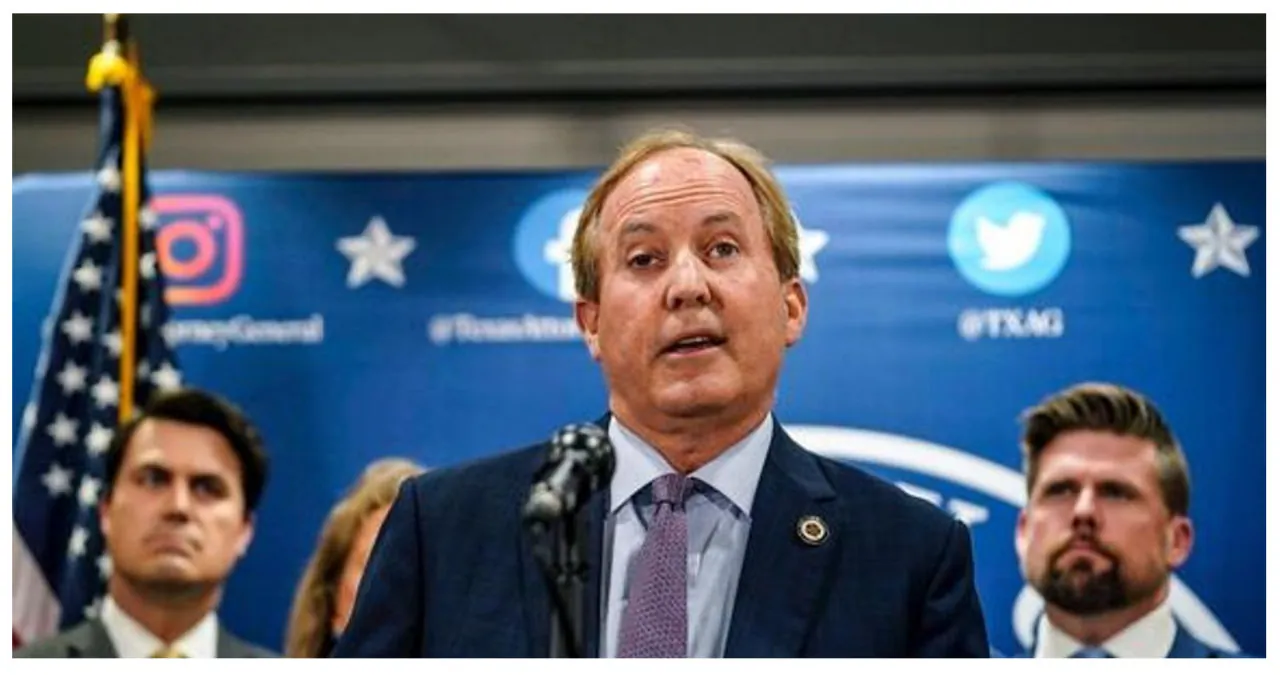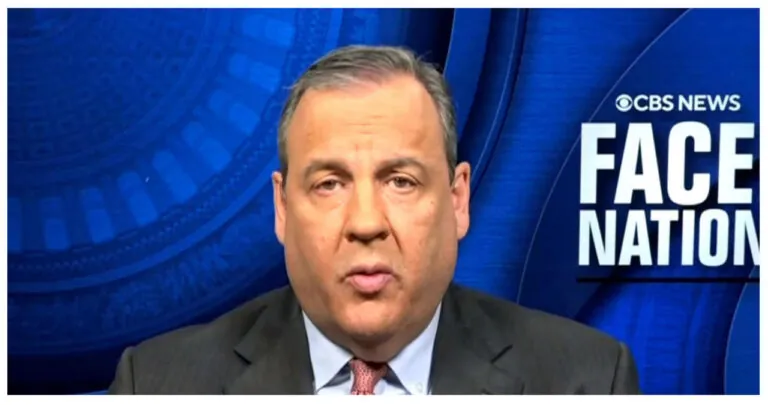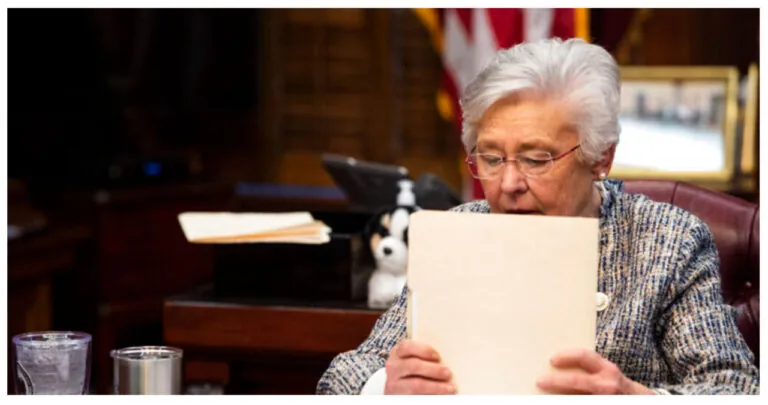Ken Paxton, Attorney General, argues that the whistleblower case would “burden” Texans and complicate the resolution of cases
Ken Paxton has had a challenging month.
The Texas Attorney General received an order to undergo a deposition in his wrongful termination case, and a Travis County judge granted permission for the case to move forward. Unlike his impeachment trial earlier this year, he might be compelled to testify on his own behalf this time.
The Office of the Attorney General (OAG) wasn’t pleased with the ruling and decided to appeal it, although it wasn’t as severe as Karl Rove’s comment about Paxton’s inability to keep his zipper up.
The Attorney General’s reasoning is that this decision would not only weaken the state’s capacity to resolve future legal disputes but also burden Texans with expensive lawsuits.
Four senior employees of the OAG, James Brickman, David Maxwell, Mark Penley, and Ryan Vassar, filed a lawsuit as whistleblowers.
The four individuals approached the FBI to report their former boss, Paxton, for engaging in illegal activities that favored real estate developer Nate Paul.
Paxton never faced any criminal charges in relation to these accusations. However, the four employees who were subsequently terminated argued that they were protected from dismissal under a state whistleblower law. They contend that their termination was an act of retaliation for bypassing Paxton’s authority.
The whistleblowers reached a settlement agreement with the OAG in early 2020, amounting to $3.3 million. They believed that settling would be a more cost-effective option for taxpayers, rather than going through a court trial.
Paxton’s plea for the state to cover the $3.3 million settlement using tax funds sparked an inquiry by the Texas House, which led to his impeachment.
After being acquitted by the Senate Court of Impeachment, Paxton and the four whistleblowers made the decision to revamp their lawsuit. The whistleblowers aimed to depose Paxton and other senior employees, requiring them to provide testimony under oath.
A Travis County district judge has ruled in favor of the plaintiffs and issued a court order requiring Paxton, Chief of Staff Lesley French Henneke, First Assistant Attorney General Brent Webster, and senior advisor Michelle Smith to undergo depositions.
The Office of the Attorney General (OAG) has announced its intention to appeal the decision, stating that it firmly believes this precedent could have negative repercussions for both the state and everyday individuals involved in future cases.
The appeal also argues specifically that the Travis court did not have the authority to order discovery in a case that had already been settled.
“The OAG made an agreement with the former employees almost a year ago and is still fulfilling its commitments. However, the trial court disregarded the mediated agreement and has allowed these litigants to pursue extensive and unprecedented discovery in a case that has already been resolved,” stated the OAG.
The statement emphasized that such actions have negative consequences for all Texans. It undermines the confidence that litigants should have during settlement negotiations and adds a burden to the judicial system. It forces courts and parties to invest more time, money, and resources into ongoing litigation, which is the exact opposite of what most litigants aim to achieve through settlement.
The appeal will now be taken to the 3rd Court of Appeals, which is a state appellate court comprising five members. This court has jurisdiction over the trial courts in Travis County.
More News:
- Wisconsin residents urged by Fond du Lac district attorney to seek medical attention after fatal health scare\
- Aaron Rodgers Intends to Retain His Longstanding Residence in Wisconsin: Report







